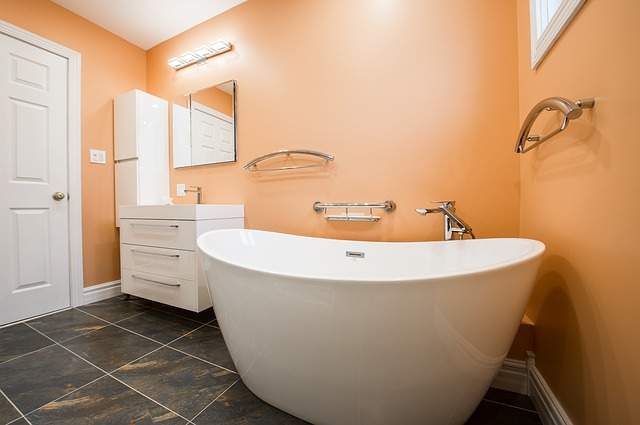
Top 3 Things to Consider When Renting a Retail Space

Whether you’re planning to rent out your first retail store or need a larger space to move into, signing a business lease is going to be exciting as well as a stressful time for your business.
When it comes to finding the right retail space, it’s going to take a tremendous amount of time & patience. Retail space is surely an integral part of the brand. Perhaps that’s the reason why the location is crucial. Before settling on a location, it’s imperative to front-load the process with strategic research and careful planning. The better the planning, the more you are able to set your business up for success.
When looking for the right space, you should look for the ideal neighborhood as this is going to ensure that the rent fits your budget and estimate the proper square footage. Here’re a few useful tips that will help you navigate the commercial offices in Deira with a keen eye for detail. So let’s dive in;
1. Define Your Budget
Quite obvious, isn’t it! The budget is really important. So knowing how much space you can afford upfront is going to save you a lot of time & hassle. It’s also important to keep the lease payment in the range of 3-8 percent of the gross revenue. Depending on the role the retail space play, the averages for each industry may vary.
Electronics stores normally put a lower percentage of sales toward their lease like 2% as compared to the clothing stores let’s say 8%. So calculate it by dividing the annual rental amount on a space you want to out by your gross annual revenue. Also, don’t forget to consider the down payment when evaluating the lease payment. Here are other ongoing expenses as well that you’ll have to consider:
- Insurance
- Utilities
- Property taxes
- Common area maintenance (CAM)
Also, make sure you study the lease thoroughly especially the clause that mentions the common area maintenance as it’s a tremendously inconsistent expense that may change depending on the terms.
2. Choosing the Retail Location
To most of you, it might seem like rocket science. So your business location needs to be closer to your ideal customers. Perhaps that’s the reason why it’s imperative for businesses to make it easy for their customers to get to them. Once you have narrowed down your choices of office for rent to a few options while keeping the most important factors in mind, drill a little deeper and compare. First of all, just begin with the most straightforward comparisons;
- Amenities available like security
- Lease expense, including utilities
- Parking availability & public transport
Keep in mind! The cheaper space isn’t always a better yet lucrative deal if your customers can’t easily access your store. It’s important to ensure that you consider how customers can get to you conveniently and also don’t forget to factor in the hidden costs just of an unsafe area as well.
Now it’s time to move on to the more complicated comparisons:
- Surrounding businesses & the foot traffic they might bring
- Size of the neighborhood as well as its demographics
- Compatible Businesses
- Local Competition
3. Negotiating Lease Terms
Even if you do have a broker to look after all these things, it’s still important for you to have a little bit knowhow of the types of lease agreements and some industry jargon. Keep in mind! Almost all aspects of a lease are negotiable unless the extremely strict clauses are added. It entirely depends on the unique set of circumstances surrounding the properties. Here’re the most common types of leases that you might stumble upon:
Net Lease: The tenant would be responsible for paying rent plus some portion of taxes, insurance, and – in many cases – maintenance as well.
Double Net Lease: Tenant is only liable to pay rent plus taxes & insurance. That’s it.
Triple Net Lease: The tenant would pay rent along with all the taxes, insurance & maintenance.
Fully Serviced – Gross Lease: The landlord would bear all the above costs and might even raise the rent to compensate.Percentage Lease: If you are a tenant, you need to pay base rent along with a specific percentage of monthly revenue. Normally, this type of lease is common in malls & shopping centers.















